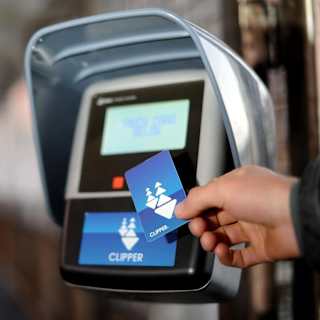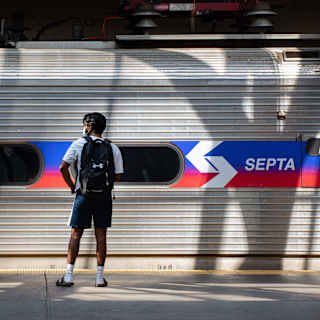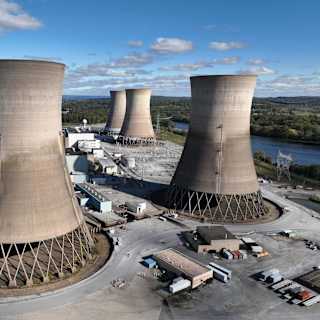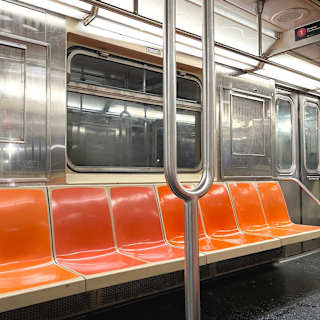- Service Details Expected
- Economic and Cultural Impact
- Two-Decade Journey
Amtrak is expected to announce the official launch date and fare structure Tuesday for its new Mardi Gras Service, marking the final step toward restoring passenger rail service along the Gulf Coast for the first time since Hurricane Katrina devastated the region two decades ago.
The twice-daily service between New Orleans and Mobile, Alabama, has been targeted for a June launch, making Tuesday's announcement likely to reveal an imminent start date after months of construction delays and regulatory hurdles. The 145-mile route will include stops in Bay St. Louis, Gulfport, Biloxi, and Pascagoula, Mississippi.

Amtrak announced the "Mardi Gras Service" name in April but withheld scheduling and pricing information pending completion of infrastructure work12. The Southern Rail Commission said in March that launch details would be disclosed "by next month," though that timeline slipped as construction continued in Mobile3.
"We don't just want to keep having meetings; we want to run some trains," Southern Rail Commission Chairman Knox Ross said in March4. The commission's next meeting is scheduled for Thursday in Bay St. Louis, Mississippi, but may be rescheduled to coincide with the service launch3.
The route will connect with Amtrak's broader network, offering same-day connections to the City of New Orleans train to Chicago and next-day connections to the Crescent service to New York and the Sunset Limited to Los Angeles2.
The restored service represents more than transportation—it's designed to boost Gulf Coast tourism and economic development across three states. Local businesses are already preparing for the influx of visitors, with Chandeleur Island Brewing establishing a brewpub in the Pascagoula station1.
"This service will open the Mississippi Gulf Coast to a whole new tourism market," Ross said when the service name was announced2. The route hugs the Gulf of Mexico coastline, offering scenic views that officials hope will attract leisure travelers beyond transportation-focused passengers.
The service resumption caps a complex restoration effort that began after Hurricane Katrina suspended the route in 200512. Years of legal disputes between Amtrak and freight railroads CSX and Norfolk Southern were resolved in November 2022, clearing the regulatory path forward3.
Federal funding totaling $199 million has supported the project, including $178 million for infrastructure improvements and $21 million for operational costs45. The Biden administration's infrastructure investments have made the restoration possible after previous attempts failed due to insufficient state funding6.
Construction of the Mobile station platform and layover track—the final infrastructure piece—has been the primary factor in recent delays78.



